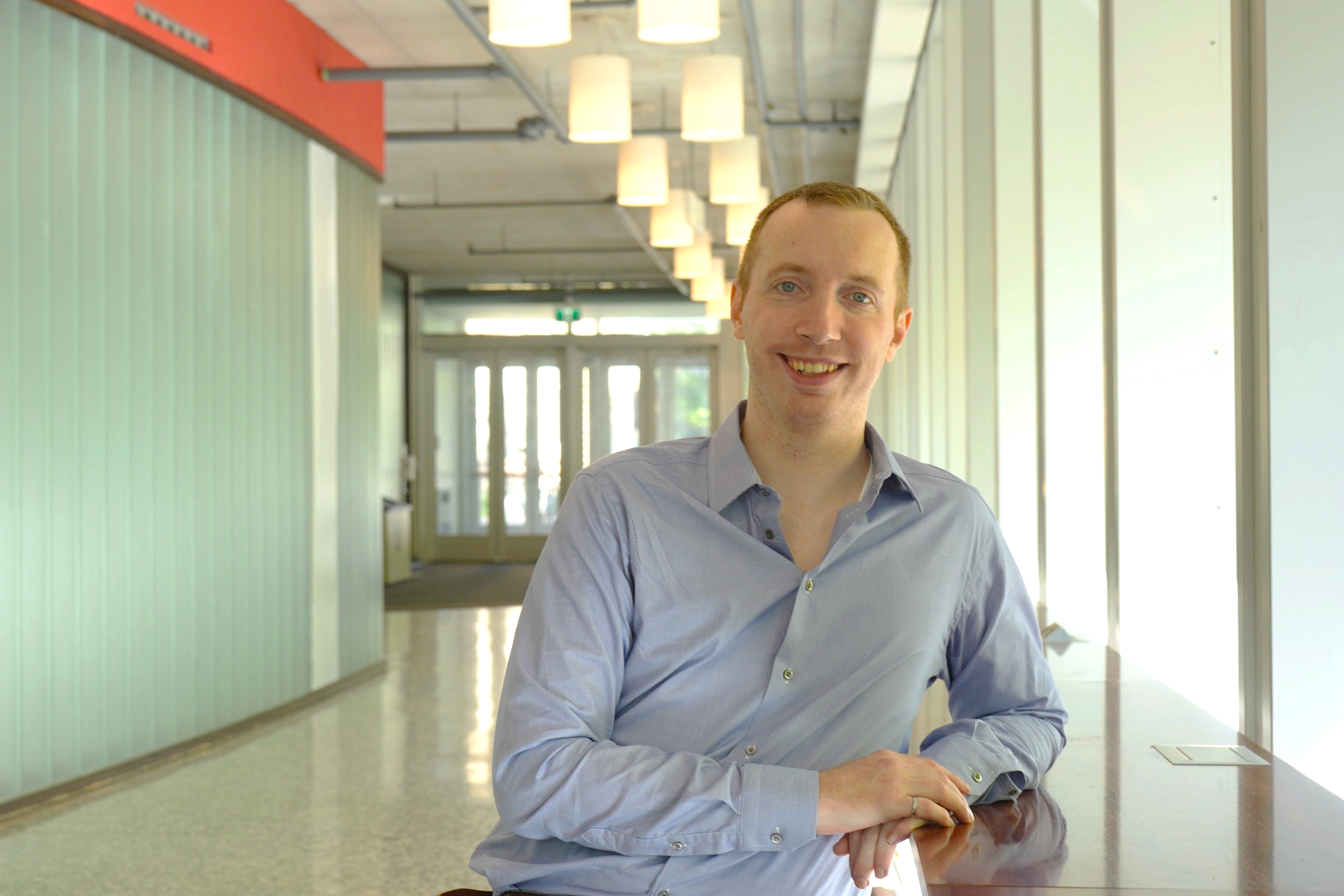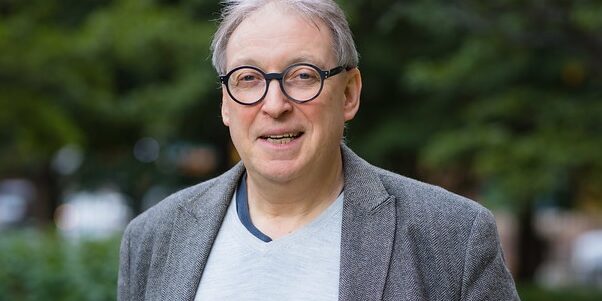Professor Jon Eyolfson recently joined The Edward S. Rogers Sr. Department of Electrical & Computer Engineering (ECE).
Eyolfson received his PhD from the University of Waterloo. He has previously taught computer engineering at the University of Waterloo and the University of California Los Angeles (UCLA).
Writer Matthew Tierney caught up with Eyolfson to learn about his teaching philosophy, what inspired him to go into engineering and what course he thinks every programmer should take.
Explain your approach to teaching.
I start by keeping the material engaging, fun and relevant. My goal is for students to retain the material in the long term, not just for an exam. I enjoy experimenting with the material with help from the class and testing our knowledge together. Often, we find out why developers make their design decisions, which makes remembering the material easier and allows students to expand upon it.
When did you know engineering was for you?
My family is mostly made up of engineers, aside from my parents. That mindset of building things or taking them apart, really figuring them out — I just always enjoyed it.
In Grade 5 or 6, I remember I got into programming because I wanted to create a website for a video game. I tried hosting the website myself by installing Linux on the old family computer — and failed miserably. But we learn more from our failures than our successes and my ambition to find solutions has been there from early on.
What excites you about ECE at U of T?
So far, much of my career has been in other electrical and computer engineering departments in Canadian universities, so I know quite well the excellent reputation of U of T. Seeing the department up close — the energy on campus and the evident passion and dedication of both the faculty and students — really impressed me. I can’t wait to add my voice to the community here and see my students achieve success.
What courses are you looking forward to teaching and why?
I taught operating systems at UCLA and look forward to teaching it here. It’s packed with foundational concepts that apply to every area of software. There’s no getting away from the operating system. Practically speaking, if you write any software, you must interact with it, and you’ll be a better programmer when you understand it.
In the very rare circumstances where you aren’t using an operating system, you’re writing parts of one. There’s no getting away from it!
Also, the compilers course I took in undergrad inspired me to go to graduate school, so I hope my enthusiasm will have a similar effect on some of my students.
Any advice for the incoming ECE class?
You should try your hand at as many skills as you can — don’t just stick with what you’re good at. It doesn’t matter what level you’re working from.
For instance, I had very bad anxiety whenever it came to giving presentations. At first, I did whatever I could to avoid it or offload it to other team members. However, I made a conscious effort to embrace the experience and after much practice it’s now one of the things I enjoy the most.
Also, talk to as many people as you can. Engineering is very collaborative. I initially discovered I really enjoyed teaching by teaching my friends, and being taught by them, as we came together to get through difficult engineering courses.
What do you hope to accomplish, as an educator in the next few years?
I really enjoy revamping and improving courses to the latest industry standards to ensure my students are thoroughly prepared for the next step. The greatest gift any teacher can receive is to hear from students after they graduate, to see how they applied what they’ve learned in the classroom in new and creative ways.
Tell us a fun fact about yourself.
I disliked biology classes because I couldn’t remember all the names of things — but I have an encyclopedic knowledge of Simpsons quotes, up to season nine.




